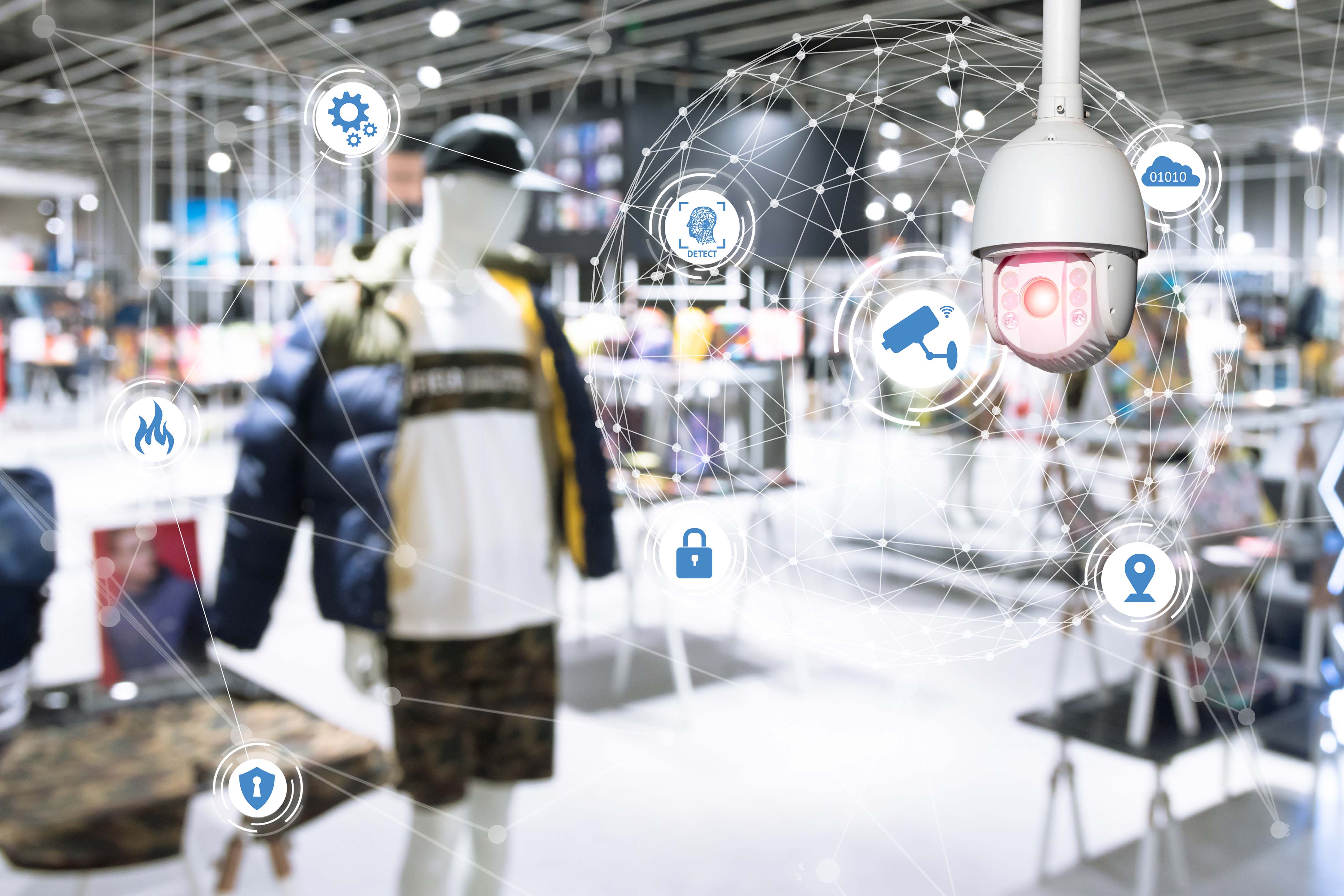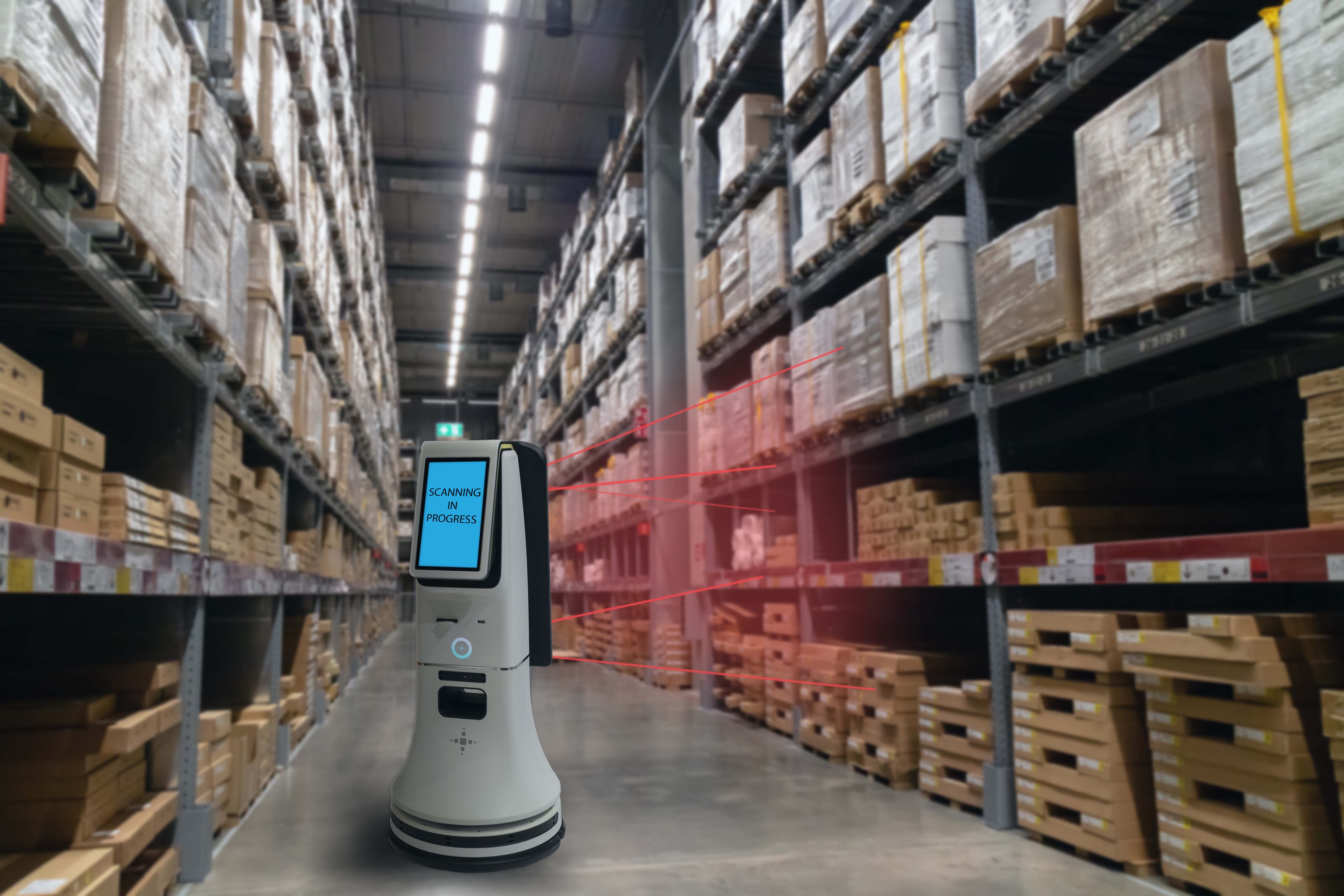How CPG Automation and AI is Shaping the Future of CPG Sales
General Motors established the first modern automation department in the 1940s in an effort to streamline production of its automobiles by replacing tasks typically handled by hourly-wage employees with a series of machine-managed processes. Seven decades later, automation has become a core element of the way business is done, spreading to every industry and market in virtually every country on Earth. Automation has reshaped our world.
For the CPG industry and its retail partners, the explosion of automated technologies has meant dramatic improvements in inventory management, in-store merchandising, and the check out process. These self-guided systems are critical to helping reduce operating costs, while improving the shopping experience.
But like all revolutionary tools and technologies, there’s a potential downside to automation in the CPG space. Specifically, the prominence of the CPG field sales rep — the historic link between CPG companies and their retail partners — is slowly diminishing, with many wondering about the long-term future of the role.
Do automation and AI spell the end for many CPG jobs or are there opportunities to evolve and grow?

Automation and the Rise of AI
CPG field sales and merchandising reps are the first line of communication between the manufacturer and retailer, uncovering opportunities for both parties and executing the logistics to seize on them — activities that are usually time-intensive and manual.
Field sales reps have to carefully plan store visits and review previous orders to compare against inventory upon arrival. They must coordinate product orders and deliveries with the retailer’s team, while working with merchandising teams to ensure displays are adequately supplied to execute current promotions — something else the sales rep must coordinate and confirm.
In recent years, new technologies have helped to reduce some of the manual work by automating many of the most repetitive, low-level tasks. More importantly, those automation technologies have also inspired one of the most significant technological breakthroughs of the last decade: increasingly-robust artificial intelligence (AI).
Meet the Robot

The emergence of what’s known as “conversational AI,” the technology that underpins digital virtual assistants or chatbots, has the potential to be either the most beneficial and most harmful development for CPG field teams in generations.
Conversational AI enables chatbots to understand natural human language and mimic the experience of having a conversation with a live person. Already, leading brands in financial services, e-commerce, travel, and other industries are using chatbots as a primary customer support tool.
In fact, chatbots are expected to handle more than 85% of brands’ interactions with consumers by next year, according to many forecasts. Chatbots can also be transactional, meaning that with the right data and programming, they can execute any number of daily tasks like order placement, tracking shipments, changing payment options, and other activities.
For CPG customers — retailers, mostly — this technology is an opportunity for simpler self-service. No more phone calls or arranging in-person visits. They can simply hop online, chat with the bot, and execute redundant daily tasks in a matter of minutes with virtually zero training or learning curve.
But for CPG field sales reps, it can feel like another step toward irrelevance. Some of the core functions of their jobs are being outsourced to machines, seemingly reducing their importance and value to the retailer.
Click here to learn more about how Spring Global’s Retail Execution solutions can help bridge the gap between online and offline retail sales to maximize revenue opportunities and customer satisfaction.
Hybrid Is The Answer
Of course, the true impact of automation and AI on CPG sales won’t likely be at either extreme of the spectrum — completely shunning AI altogether or completely replacing sales teams with bots.
The future of CPG sales in the age of automation and AI will almost certainly result in a hybrid approach to customer relationship management and sales that leverages the respective strengths of both machines and humans to create a better experience and more efficient sales cycle.
In this model, AI-powered bots will handle low-complexity, repetitive tasks such as order renewals, updating payment information, and providing shipment statuses. Customers can access services anytime, anywhere, on any connected device for maximum convenience.
Meanwhile, human sales reps will take on responsibility for more complex, nuanced activities. They’ll continue to work directly with retail partners to strategically plan new promotions and use other AI-powered analytics tools to better understand the customer’s future needs so they can suggest orders and help optimize pricing strategies to maximize profit margins.
Automation and AI will reshape the CPG sales landscape in the near- and long-term. The advancements in technology have already made a significant impact on how field sales and merchandising teams engage with customers and prospects. It’s important to realize as business continues to evolve that automation and AI represent a significant opportunity for field sales teams to deliver more value to their customers, not less. And it’s equally important to remember that the machines aren’t here to take jobs, they’re here to help.
